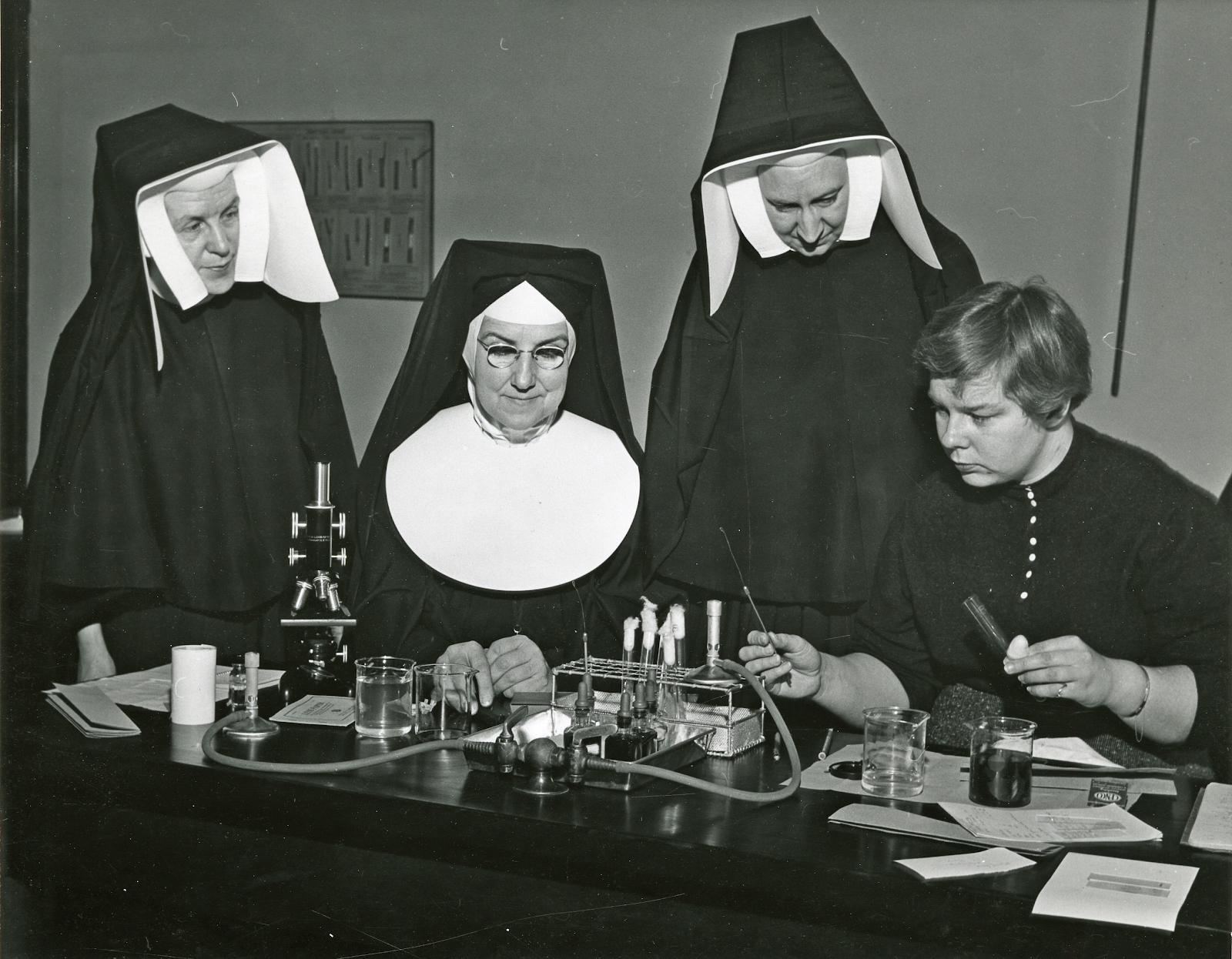Bishop sees Synodal Path as chemistry experiment complete with explosions
The Vatican says no to a Synodal Council in Germany. This was preceded by a letter from five German bishops. Among them: Bishop Bertram Meier. He now defends his participation in the letter - and also comments on his conduct of office.
Bishop Bertram Meier of Augsburg has defended his participation in the letter sent by five bishops to the Vatican regarding participation in the planned Synodal Committee of the Catholic Church in Germany. He and the other bishops had not wanted to get a dispensation from the Vatican in order not to have to participate in the committee, Meier said in an interview with the news magazine katholisch1.tv on Thursday. Rather, they were concerned with the fundamental question of whether they had to participate in the planned committee. It was above all a question of "whether the leadership structure of the Church, as envisaged in the committee, corresponds to the Catholic understanding of the Church. That is the crux of the matter".
With the letter, he had not participated in a "small convention of outsiders", Meier continued. Rather, he said, he knew that very, very many were thinking about where the Synodical Committee should lead. He himself had brought his questions and his struggles to the Augsburg Cathedral Chapter and Diocesan the Heads of Department Conference before participating in the letter. There, he said, only one voice admonished that he should not participate in the letter. "All the others supported me 'Ask Rome'. That's all it is," the bishop said.
Bishop sees Synodal Path as chemistry experiment
Before Christmas, in addition to Meier, the Archbishops and Bishops of Cologne (Cardinal Rainer Maria Woelki), Eichstätt (Gregor Maria Hanke), Passau (Stefan Oster) and Regensburg (Rudolf Voderholzer) had addressed a letter to the Vatican. They wanted to know whether they were obliged to co-operate in the planned Synodal Committee. In its response in January, the Vatican had clearly limited the scope for church reforms in Germany. In the letter signed by Cardinal Secretary of State Pietro Parolin and Cardinal Prefects Luis Ladaria and Marc Ouellet, the Curia rejected the establishment of a Synodal Council to consolidate the Synodal Way and as a future joint advisory body of bishops and laity.
He himself was "fully in favour of the participation of the laity in church life" and could claim to always seek dialogue with the people, Meier continued. With regard to the Synodal Path, he described himself as a "synodal bishop" because he had been involved in the process from the beginning. For example, his first out-of-town appointment after his appointment as bishop took him to the first synodal assembly in Frankfurt am Main.
Shortly before the fifth and last Synodal Assembly planned for mid-March, Meier described the Synodal Path itself as a chemistry experiment: "There we see explosions, but in the experiment it can happen that the mixing of different elements also leads to quite surprising solutions." For him, the Holy Spirit is "the director of the spiritual experiment", and he does not want to set any limits to his imagination. "I myself am ready to let him change me," the bishop said. But he also expects from the people of God "that we do not divide ourselves, but that we always remain together in one boat".
Meier: Not just looking at "what Bishop Bertram is not yet doing".
Addressing the keyword of Synodality, Meier explained that this is a "theological-spiritual concept" that should not be equated one-to-one with a democratisation of the Church. Rather, it is above all about being on the way together as a church. Synodality always needs the episcopate as a sign of unity. The minister needs the people of God and must be on the way together with them. "And at the same time, the people of God also need people who guarantee unity. Namely, ministers, conferred by ordination," the Bishop emphasised.
With regard to his own conduct of office as Bishop, Meier explained that his concern was to preserve a 2,000-year-old faith: "I try to preserve what is good, what has been tried and tested, and yet to move dynamically into the future with changes." As an example, he mentioned strengthening the presence of women in his episcopate. In the meantime, many more women than men work there - also in decisive positions. One should not only look at "what Bishop Bertram is not doing yet", because he too has a conscience and cannot be responsible for certain things. He was concerned with a spiritual reform of the Church and with "letting ourselves be taken into service by Jesus Christ, cultivating friendship with God and offering his Gospel to the people".











.jpeg)

Comments